California Governor Gavin Newsom faced scrutiny when reporters questioned the effectiveness of the state’s $24 billion expenditure on homelessness.
Angela Hart of KFF Health News notably challenged the governor during a press conference, stating, “I’m sorry governor, I didn’t hear responses to either of those questions,” after Newsom failed to provide clear answers on the spending’s impact.
The Governor’s Response Under Pressure

During the same press conference, Governor Newsom avoided direct responses to questions regarding the substantial funds allocated to combat homelessness.
Instead, his answers primarily focused on the difficulties of coordinating with local governments, which did not satisfy reporters seeking straightforward answers about fiscal accountability and strategic outcomes.
Rising Homelessness Despite Massive Spending
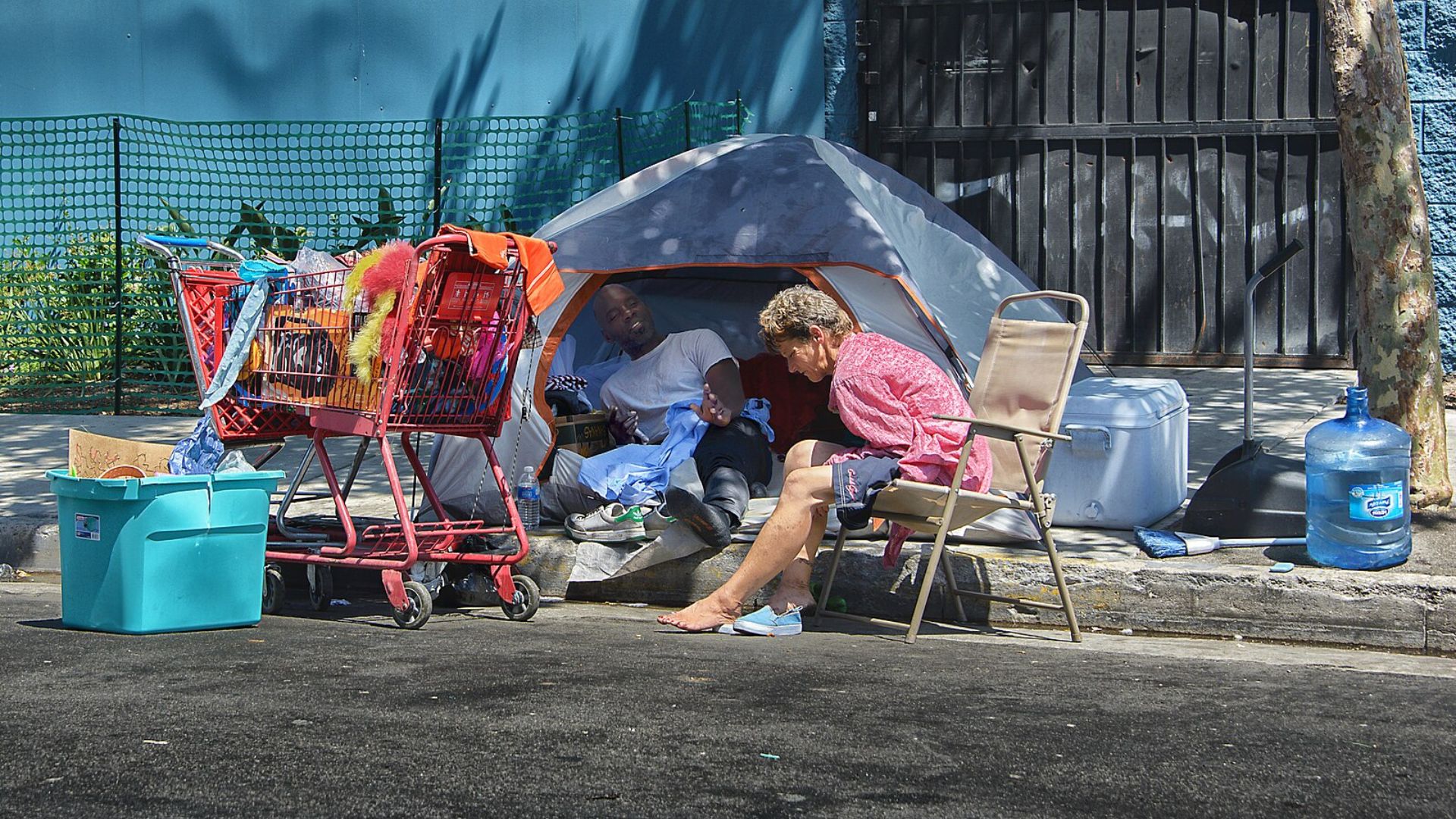
California has seen a significant increase in homelessness, with the population rising 6 percent last year, bringing the total to over 180,000.
This increase contributes to California hosting nearly a third of the entire homeless population in the United States, despite extensive financial efforts to address the issue.
Audit Criticizes Lack of Effective Management

A damning audit criticized the state for not tracking the effectiveness of $24 billion spent on homelessness over the past five years.
The audit highlighted a severe lack of data which has hindered the ability to measure the success of various programs funded by this large sum.
Direct Criticism from Experts
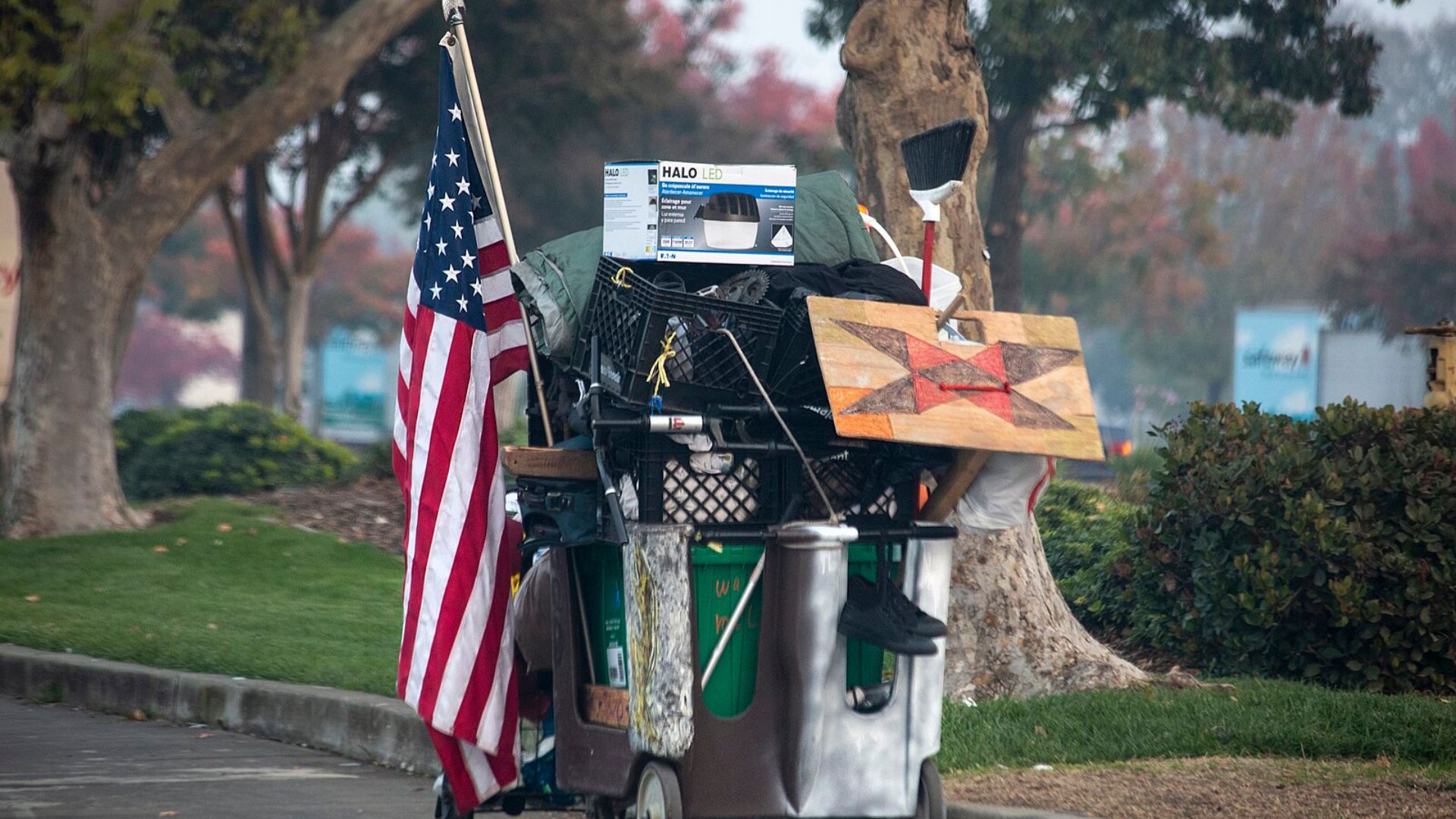
Thomas Wolf, a consultant based in San Francisco and former homeless drug addict, called out the state’s handling of the funds.
He wrote on X, formerly Twitter, “The state has spent billions on homelessness, and it’s worse… Outcomes literally mean everything when it comes to homeless services, and unsurprisingly, they have no data.”
Concerns Over a ‘Homeless Industrial Complex’

The Daily Mail reports that the audit introduced concerns about a possible ‘homeless industrial complex’, where funds are absorbed by various stakeholders without significant progress towards resolving the homelessness crisis.
This term reflects growing skepticism around the efficiency and transparency of funds allocated for homelessness.
Political Response to Audit Findings
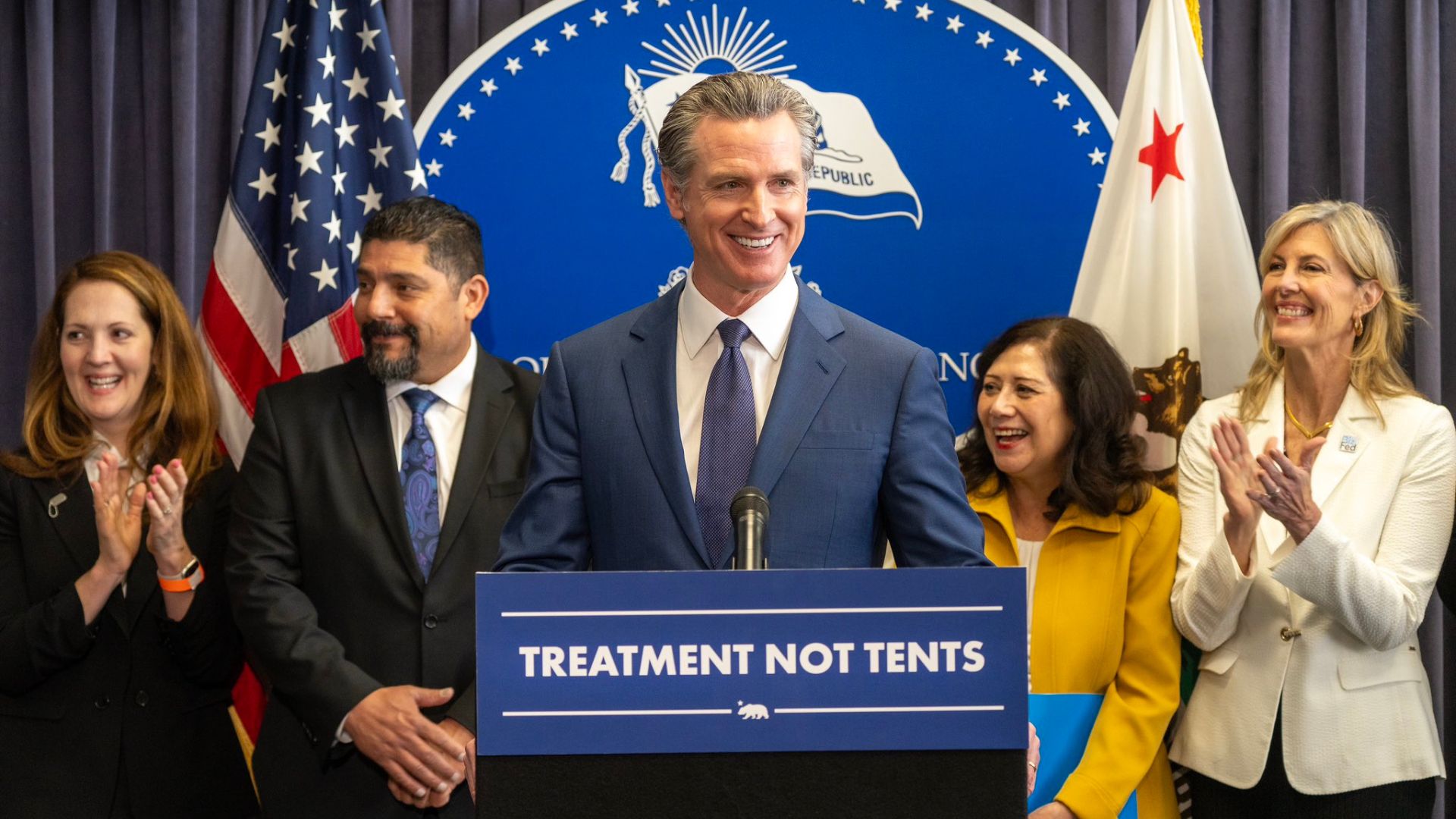
Both Democratic and Republican state senators have expressed concern following the audit results.
They criticized the current strategies and the lack of transparency, indicating a bipartisan acknowledgment that the state must reevaluate its approach to homelessness.
Newsom’s Admission and Defense
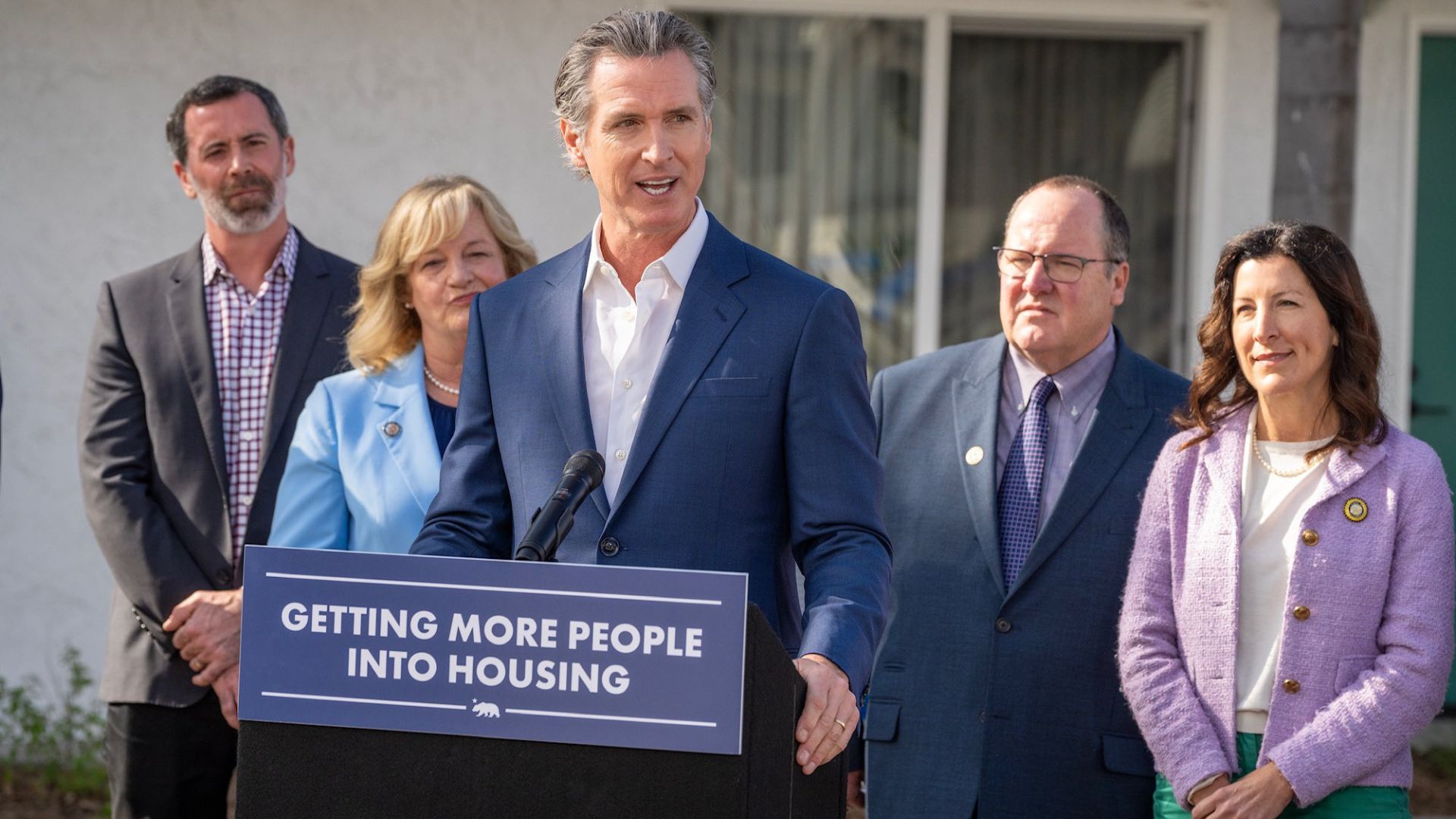
Governor Newsom responded to the audit by acknowledging its findings, stating that it “did not surprise me” and he agreed with most of its points.
He emphasized the state’s massive investment and the attempts to increase accountability among local governments regarding the allocation and use of the funds.
Growing Public Dissatisfaction
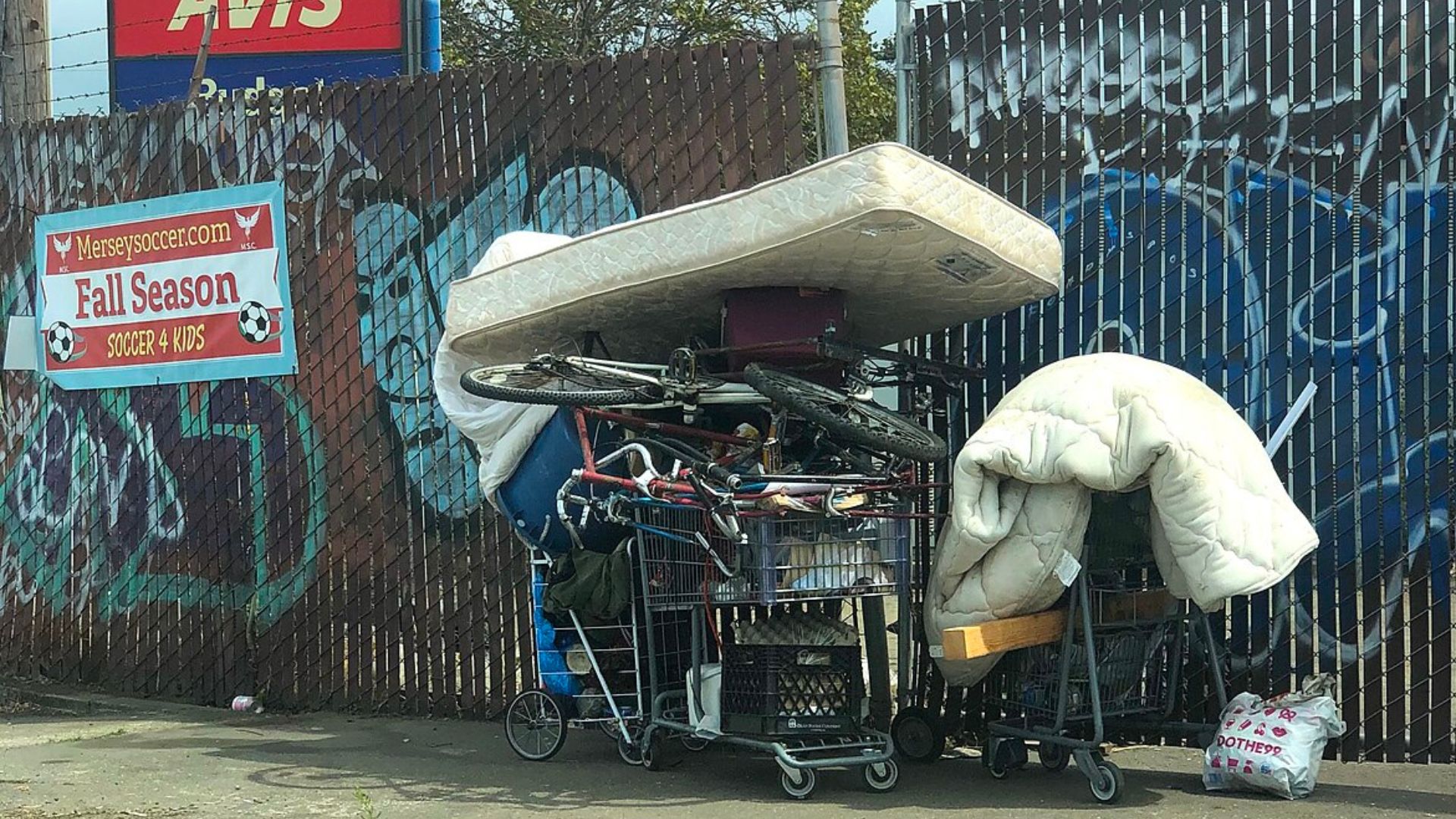
A recent poll revealed that 67% of Americans believe homelessness is “out of control” and are urging mayors and local officials to take more aggressive steps towards managing the crisis.
This sentiment reflects a national concern over the visibility and escalation of homelessness across cities.
Implications for Political Ambitions

The ongoing homelessness crisis poses a significant challenge to Governor Newsom’s administration and could influence his future political prospects, especially if he aspires to national office.
His administration’s ability to manage this crisis effectively remains a critical aspect of his leadership evaluation.
National Political Dialogue on Homelessness
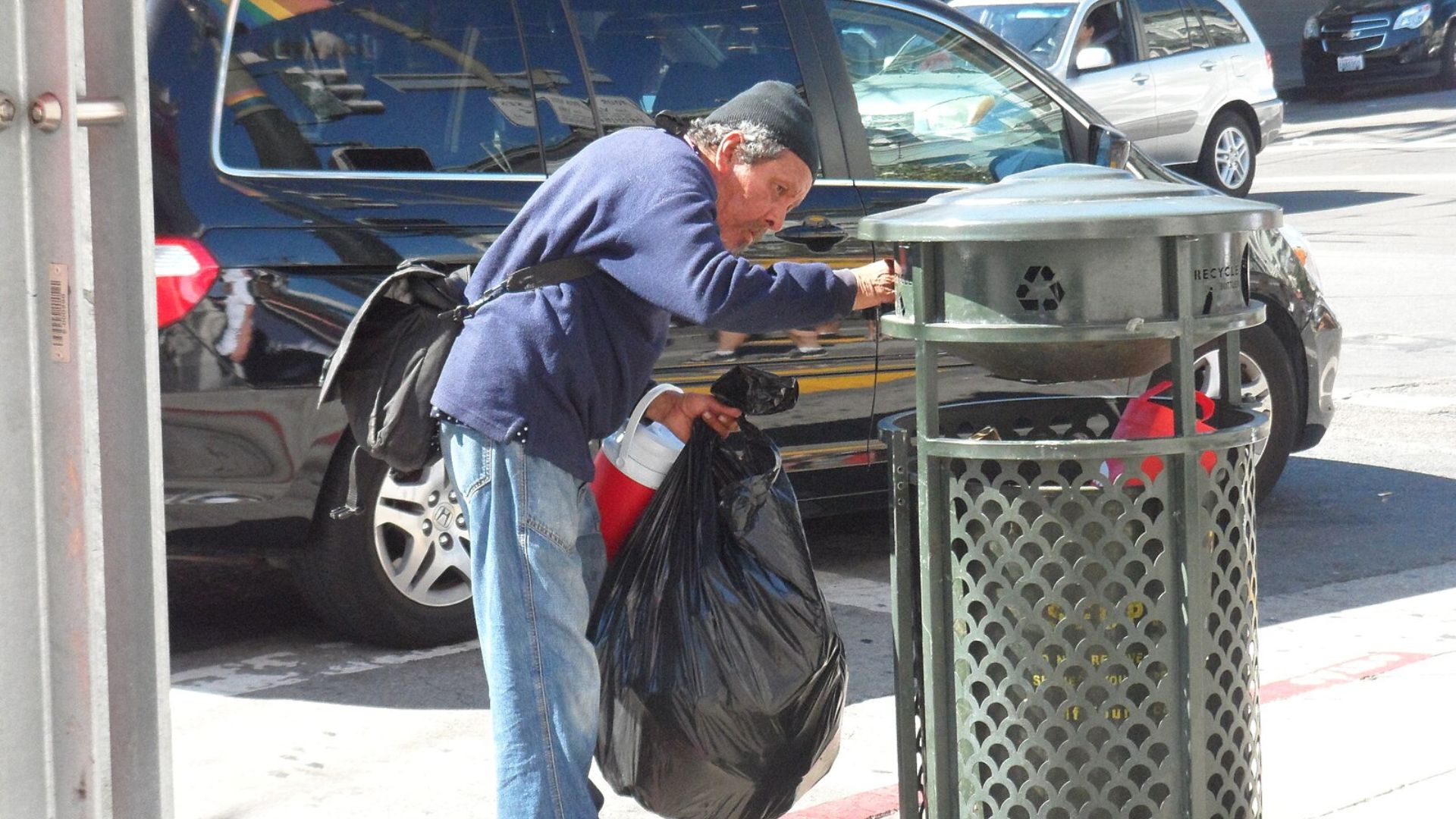
The issue of homelessness has not only affected state politics but has also been incorporated into national campaign narratives.
Former President Donald Trump, for example, discussed this issue extensively, proposing the establishment of ‘tent cities’ as part of his re-election campaign strategy.
Future Directions in Tackling Homelessness

As California continues to struggle with its homelessness crisis, the need for a revised, effective strategy is evident.
The state’s next steps are crucial in developing sustainable solutions that not only manage but aim to reduce homelessness, ensuring better use of public funds and improving the lives of thousands of its residents.
